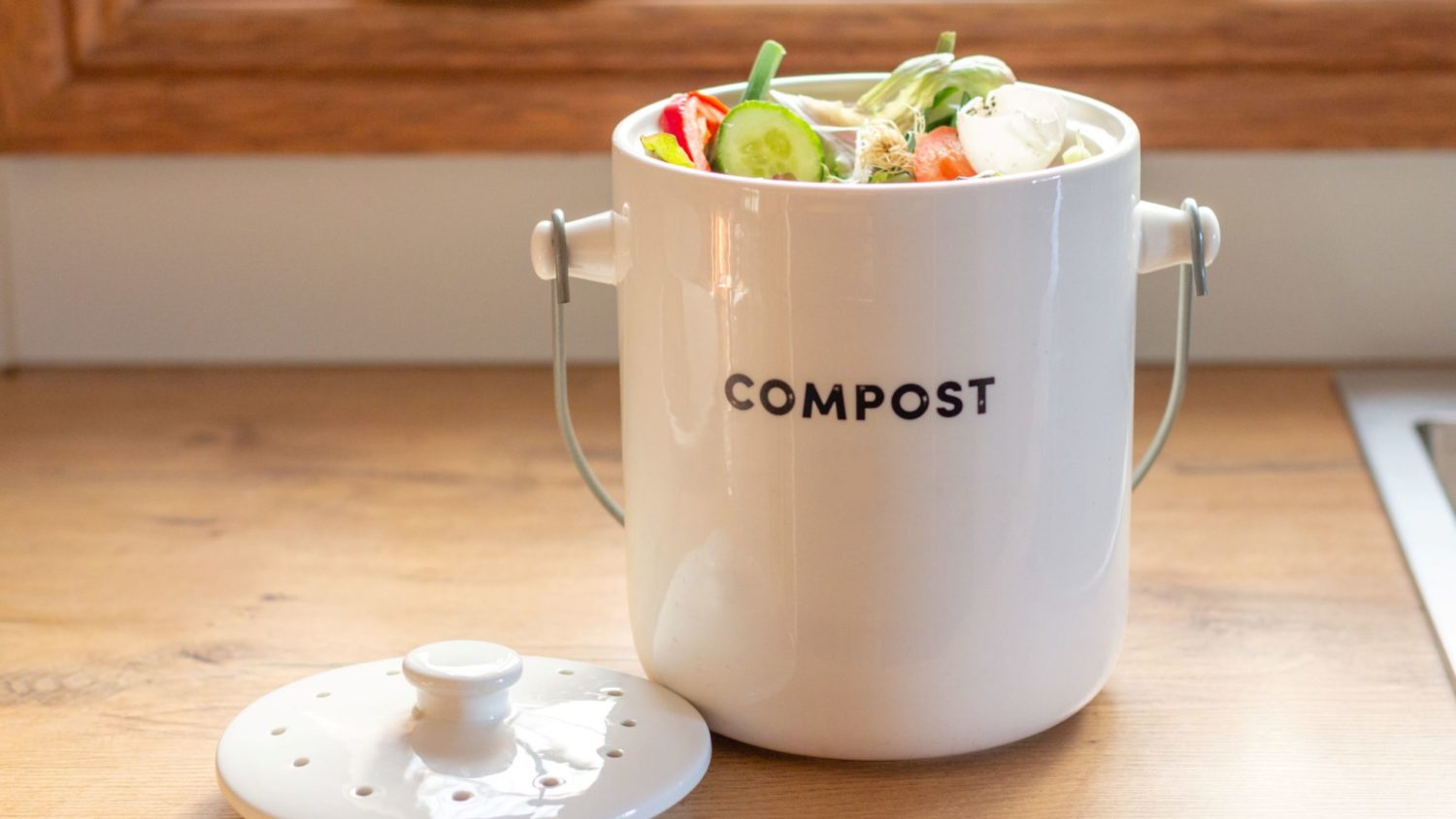
According to the Minnesota Pollution Control Agency, roughly 12 percent of household waste in Minnesota is food scraps and 18 percent is yard waste. Nationally, the Environmental Protection Agency estimates 20 percent of landfill waste is food. Why does this matter? When thrown away and buried, these organic materials have difficulty decomposing and release methane gas, which contributes to global climate change at a rate 21 times greater than that of carbon dioxide over a 100-year period. You can help reverse this trend by composting food scraps and yard waste at home instead of throwing them out. When mixed with air and water, these organic materials decompose into healthy soil.
Home Composting Do’s & Don’ts
DO COMPOST
- Plant-based food scraps, like fruit and vegetable peels
- Coffee grounds, coffee filters, and paper tea bags
- Eggshells
- Yard waste including grass clippings, leaves, small twigs, and flowers
DON’T COMPOST
- Charcoal and coal ash
- Pet feces and pet food
- Meat, fish, poultry, bones, grease, fats, oils, and dairy
- Diseased plants or weeds that have gone to seed
- Compostable plastics and food containers/dishes/cups/cutlery (must be sent to a commercial composting facility)
How to Compost
- GATHER SUPPLIES
Make or buy an outdoor compost bin and an indoor countertop bin. Pick a spot in your yard that’s easy to access, has good drainage, and is close to a reliable water source. Common materials for making an outdoor bin include lumber, chicken wire, cinder blocks, and wooden shipping pallets.
- COLLECT ORGANICS
Fill your indoor bin with food scraps and your outdoor bin with yard waste that has been cut into small pieces. Empty food scraps into your outdoor bin once a week, or when your indoor bin gets full.
- WATER IT DOWN
Add water to your outdoor bin as needed with a garden hose, watering can, or water collected in a rain barrel. Your compost should be slightly moist to help break down organic materials quicker.
- MIX IT UP
Turn the organic matter in your outdoor compost bin with a shovel or pitchfork once a week to help incorporate materials and increase the rate of decomposition.
- USE IT
Once decomposed, use final compost as a soil amendment around your yard to grow healthy plants, flowers, fruits, and vegetables. It can also be used as a landscaping mulch or in potted plants. Have a lot? Donate some to a friend, neighbor, or community garden.
Composting Tips
- Buy an outdoor compost bin from Ramsey County for $64; county residents can save $20. Order online at RecycleMinnesota.org and enter promo code “Ramsey” to receive the discount or call 651-641-4589.
- Don’t have access to outdoor space? Collect food scraps and bring them to a Ramsey County organics drop-off site for free. The county offers free starter kits to residents who want to compost their food scraps. They also accept food items at select locations that you can’t easily compost at home, such as meat, fish, poultry, bones and paper products.

